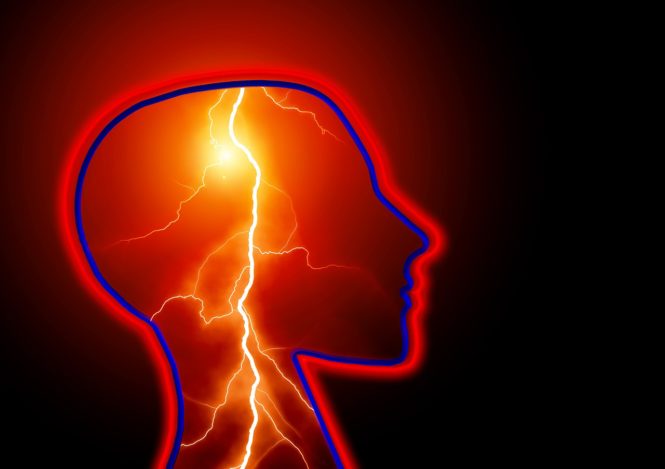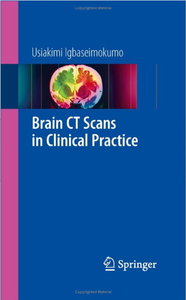Category: Neurology
-
Stroke & TIA Mimics
Here are the important stroke and TIA mimics: Systemic and metabolic insults: especially hypoglycemia, but also a very wide variety of other systemic insults such as infections (urinary tract infections, pneumonia) and toxins, all of which can cause re-expression of symptoms of old strokes. Peripheral neuropathies such as idiopathic seventh cranial nerve (Bell’s) palsy, peripheral…
-
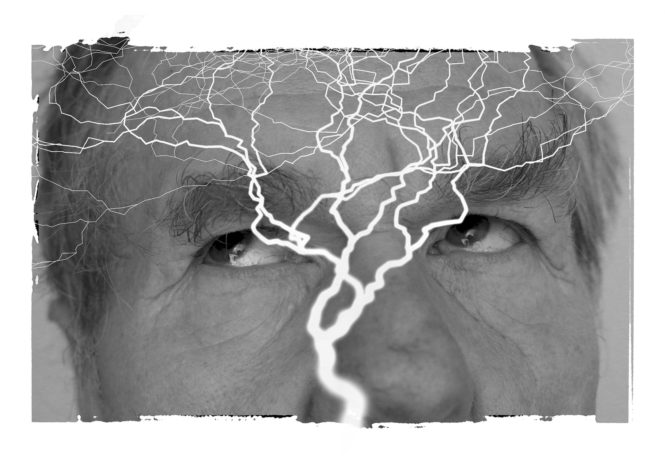
Headache: The Ominous Causes
Introduction Most headaches are benign and do not require a specific workup. Here are the ominous ones that require a specific workup and management. From the Patient History Sudden, severe, and maximal at onset, especially in an older patient without a prior history of headaches → subarachnoid hemorrhage → get a head CT without contrast → CT angiogram or…
-
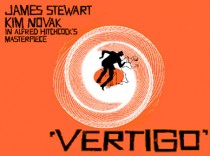
Vertigo: What You Need to Know for Clinical Practice and the Boards
Introduction Vertigo is a sensation of spinning, either of the patient or of his or her environment. There are four types of vertigo that you must consider in a patient who complains of a spinning sensation: Toxic vertigo Central nervous system vertigo Peripheral nervous system vertigo Hematologic vertigo (hyperviscosity syndrome) Toxic Vertigo Salicylates and anticonvulsants,…
-
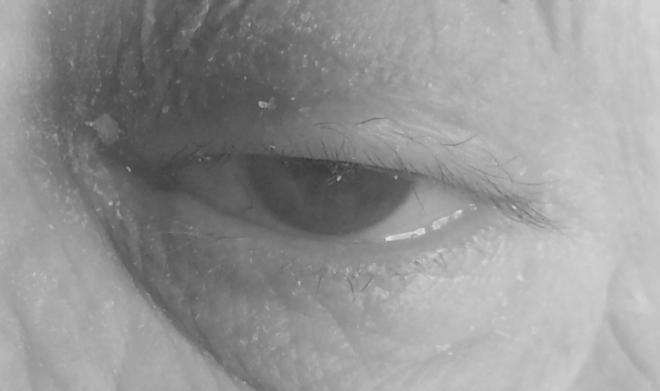
Myasthenia Gravis: The Workup
Here’s a workup for suspected myasthenia gravis: Acetylcholine receptor antibody Muscle specific receptor tyrosine kinase (MuSK) antibody Chest CT (to look for thymoma) TSH (concomitant autoimmune thyroiditis is sometimes seen) Search for underlying infectious precipitants as guided by history (e.g., CBC, chest radiograph, urinalysis) Search for underlying concomitant metabolic derangements which may contribute to weakness…
-
Meningitis: How to Answer “Best Next Step” Questions
If, on a standardized test, you are asked what’s the “best next step” in the management of a patient with suspected meningitis, prioritize thusly: Droplet precautions if Neisseria meningitidis is suspected (this comes first for public health reasons) Administer acyclovir if HSV meningitis is suspected (there’s no reason to delay this) Draw blood cultures (because…
